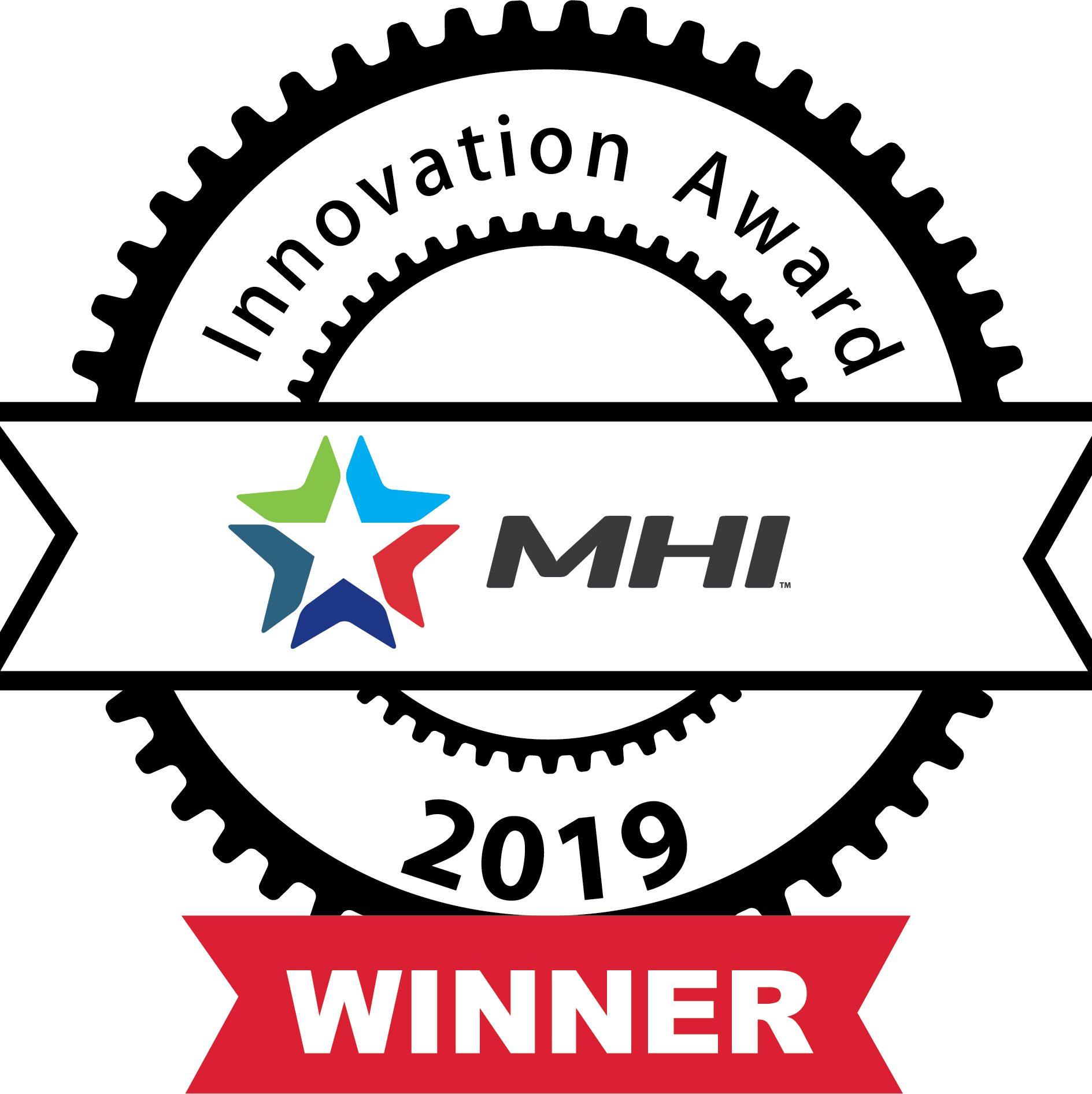Logistics operations are under pressure from customers, authorities, and governments to incorporate sustainability measures. When thinking of sustainability, environmental aspects are probably at the top of most people’s minds. However, there are two other dimensions that need to be considered: economic and social sustainability. If companies manage to incorporate all three factors across the entire value chain, they are not only meeting stakeholder requirements and expectations but also tapping into a source of competitive advantage. Today, we take a closer look at social sustainability and, especially reward systems that drive performance in logistics operations.
Social sustainability defines how companies manage their people by addressing issues such as health and safety, hygiene, workplace conditions, training, and labor rights, etc. At first glance, these factors may not appear to bring many benefits to an operation. However, they influence employee satisfaction, and motivation, and thus performance. One aspect that helps increase performance directly and massively, are reward systems.
Why Rewards are Becoming Increasingly Important
Rewards are used to motivate employees to act in a desired manner so that both the operation and its associates benefit. They may come as financial compensations (e. g. profit sharing, salary increases) or non-monetary, symbolic prizes (e. g. health-related programs, personal growth programs) that recognize employees for sustainable behavior.
In times when hiring qualified workers is a big challenge and applicants can choose from a variety of jobs, non-financial benefits are becoming increasingly important.
“Nowadays, wages are only one of many components of compensation. As an employer, you must score points with your employer benefits. Flexible working hours, the balance of work and family life, as well as a good and open working atmosphere, are the characteristics that are becoming increasingly important.“
Mr. Beerwerth, Operations Manager at trinkgut Hamm
Reward programs increase motivation to act sustainably, which can decrease costs and increase performance. For example, if a program rewards employees who close the door to a cooling chamber, every time they walk in and out, the temperature will stay more stable. Less power is required, which, in turn, lowers the cost of cooling. Another example is to give employees more flexibility and co-determination in their working schedules. If people can work at their preferred hours and have days off when they need them, they will be more productive during the hours they work, which leads to an increase in performance. This way, both, the company and its employees will benefit.
Types of Rewards
Studies show that all sorts of reward programs have a positive effect on employee engagement. So, the question cannot be if, but which reward systems logistics operations should introduce.
Then, performance criteria need to be defined that reflect actual performance and can be measured in a consistent and accurate way. The chosen KPIs should be perceived as fair by employees, and finally, cost-effectiveness needs to be considered.
As soon as the criteria are established, the type of reward can be determined. We distinguish between extrinsic (financial, developmental, social) and intrinsic (challenge, responsibility etc.) rewards.
Rewards Proven to Drive Performance in Logistics Operations
During our sustainability project, we discovered that logistics operations have already established several reward programs.
Financial Rewards
Additional payments above the salary in the form of yearly profit sharing are an established form of rewards. Also, some companies reward their employees for good performance and offer bonus payments. Other monetary benefits are given in the form of microloans or additional pension funds for employees.
Non-Monetary Rewards
There already exist a wide variety of intrinsic reward systems. Health-related programs are already rather common and range from free health check-ups and Yoga or Qigong sessions at the workplace to voluntary physiotherapy and stretching sessions during working hours. Some companies facilitate healthy habits by providing bicycle leasing at the workplace or by offering healthy, affordable meals and encouraging employees to drink more water.
Where possible, various companies also offer flexible working hours, bus services to the warehouse, transport expenses, and pool cars. Moreover, many programs exist to empower employees, such as informing them about their contribution to the operation’s success, sharing business results on a regular basis, and providing a budget for employee-designed initiatives.
Programs that appreciate long-standing employees have also proven to be very effective for many companies. So, they allow for an additional week of annual leave for employees who have stayed with the company for more than one year.
All these reward programs have proven very effective for logistics operations. Employees are more motivated, they are healthier, and sick leaves are therefore reduced. They feel empowered and engaged, and they will thus perform better. So, an investment in social sustainability and reward programs will pay off.
If you want to know more about reward systems that drive performance in logistics operations, or you want to find the right strategy for your operation, give us a call.





